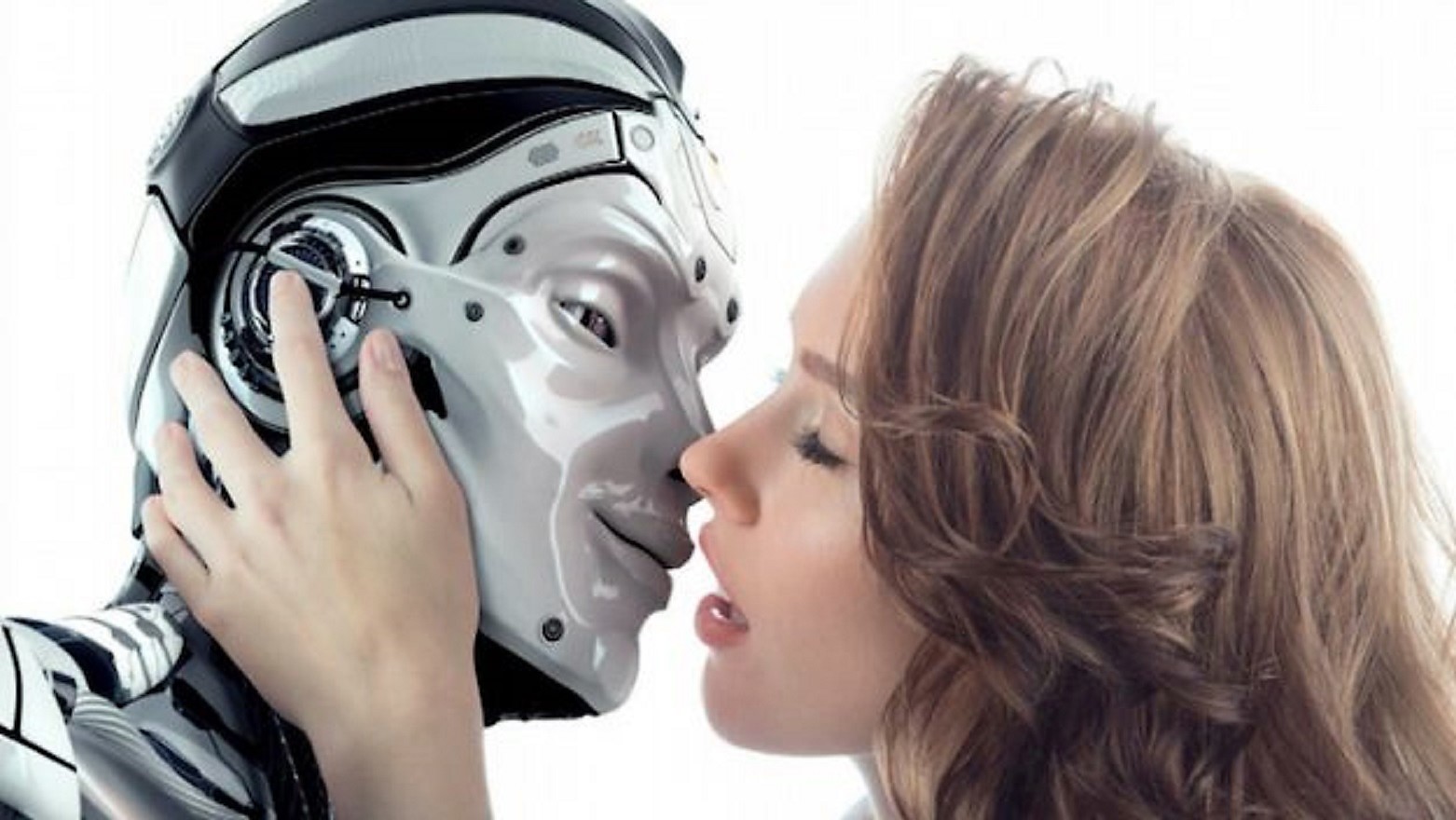Artificial intelligence, or AI, has been dramatized in plenty of science fiction movies. We all have many social identities, and we might act in different ways depending on which one is activated. Not many people know exactly what the future will look like with robots changing the job market. A central conceit of the field has long been that creating human – like intelligence is both desirable and some sort of ultimate achievement. Is this really the driving ambition of the world’s greatest intelligence?
Intimacy between people involves empathy and this is something machines can not provide. People feel grateful. During sexual behaviors, the user is usually in a state of physical and emotional vulnerability; considering that many of the potential users are people who are already disabled, there are good reasons to make sure that things do not go wrong, and if they do, who to hold responsible.
However emotional AI will help to create new job opportunities that have never existed before. What is the best way to measure that ability, or trait? Laws that were created for a world that once was, two hundred and forty years ago, are still in existence today, and forcing the life out of good people.
But for patients, the emotional logic of this slippage is real. As evidence has mounted, the idea has become well – established among scientists in the field. Furthermore, a concern that I have not seen in the literature is the ” hackability ” of sex robots.
By 2035 the majority of people will own sex toys that interact with virtual reality sex. We will start to see robot sex overtaking human – human in 2050. Spain’s sex doll brothel is just the first public example of the fast – growing trend of sex without intimacy with another person. He wants to know if people can have real, intimate relationships with robots. We do this every day. Love takes two people – it’s about human beings. But this line of reasoning has gotten me into a bit of trouble. Is it acceptable to create a replica of your ex to have sex with? I’m sure there will be many professional ethicists and scientific researchers exploring the full range of human emotions involved.
Technology is growing fast, and has come a long way. Is this REALLY what our sex lives will be like in 20 years from now? I think intimacy between robots and people is different from person to person, and some people might find deeper intimacy with robots than with humans. My sauce isn’t good enough for them. There is always an exception to the rule. The one thing that robots may never have is the human touch.
The study of emotional intelligence is relatively new, and there is much that we have yet to learn about EI. Many are predicting that we will reach a level where humans will work alongside AI systems to extend the reach of what people can do. Over the past couple of years, sex robots have taken on an outsize role in popular media. Everyone from The New York Times to the BBC has found a way to wedge these largely nonexistent machines into debates around everything from gun violence to child sex trafficking.
Signs of good problem solving in a relationship are respect and feeling of equal importance. Men will likely have trouble with things like household chores and remembering to go to the doctor regularly, but they ‘ll manage. In general, you can think this field is trying to build machines, to endow computers the capability to just see the world and interpret the world just like human.
I feel like raising standards is quite reasonable. The theory posits that the bonds we form with our closest caretakers will also influence our adult romantic relationships. All that is known is things are and will continue to change drastically. An emotionally intelligent leader presents balance. Than You Think shows why our own picture of things is likely off. Definitely not to this scale, but the idea of technology replacing human jobs is not a new one. Those who hold a casual love schema may not have learned to balance intimacy and dependence. When you do not radically trust yourself, others, or The Divine Flow, life is hard.
Image Credits: via Foundation for Responsible Robotics

